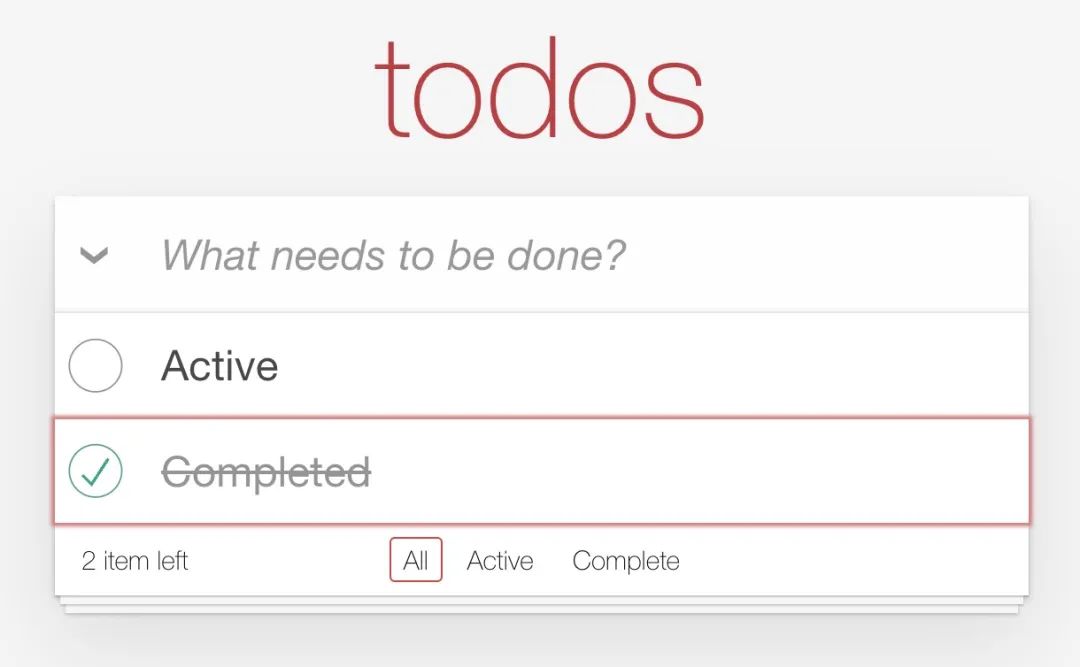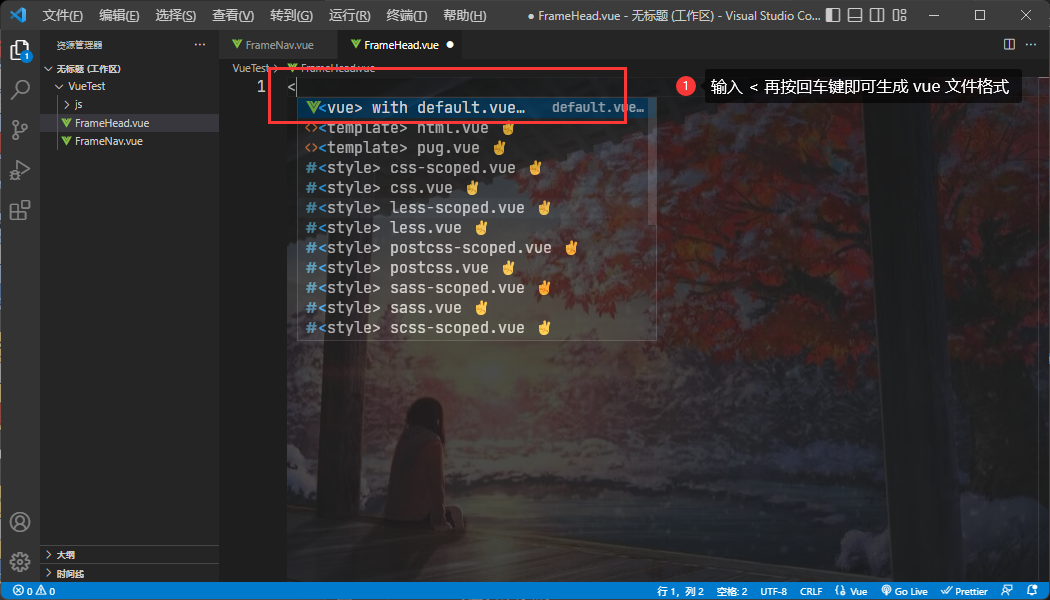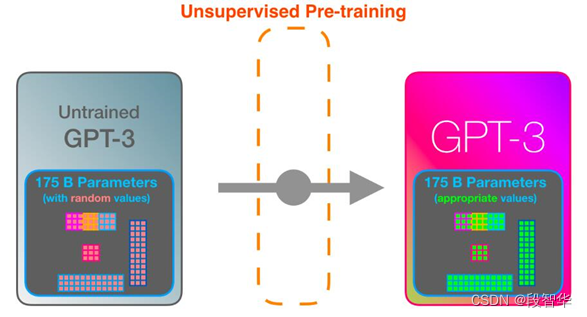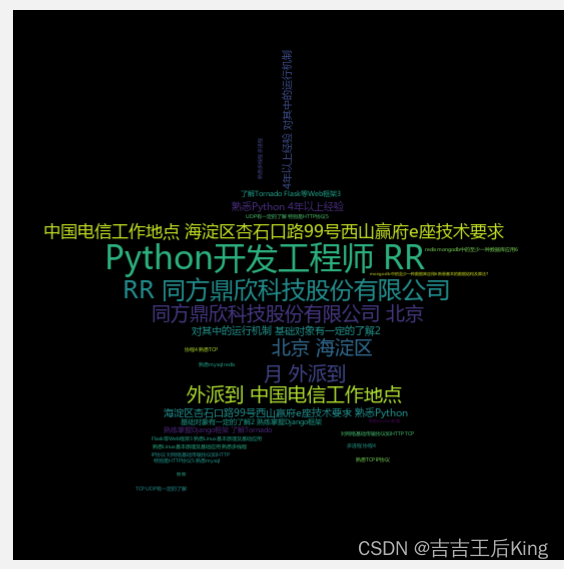目录
- 1. priority_queue介绍和使用
- 1.1 priority_queue介绍
- 1.2 priority_queue使用
- 2. 仿函数介绍
- 3. priority_queue模拟实现
1. priority_queue介绍和使用
1.1 priority_queue介绍
优先级队列也是在
<queue>里:
因此和
queue一样,priority_queue也是一个容器适配器。priority_queue官方文档
- 优先队列是一种容器适配器,根据严格的弱排序标准,它的第一个元素总是它所包含的元素中最大的。
- 类似于堆,在堆中可以随时插入元素,并且只能检索最大堆元素(优先队列中位于顶部的元素)。
- 优先队列被实现为容器适配器,容器适配器即将特定容器类封装作为其底层容器类,queue提供一组特定的成员函数来访问其元素。元素从特定容器的“尾部”弹出,其称为优先队列的顶部。
- 底层容器可以是任何标准容器类模板,也可以是其他特定设计的容器类。容器应该可以通过随机访问迭代器访问,并支持以下操作:
empty():检测容器是否为空
size():返回容器中有效元素个数
front():返回容器中第一个元素的引用
push_back():在容器尾部插入元素- 标准容器类vector和deque满足这些需求。默认情况下,如果没有为特定的priority_queue类实例化指定容器类,则使用vector。
- 需要支持随机访问迭代器,以便始终在内部保持堆结构。容器适配器通过在需要时自动调用算法函数make_heap、push_heap和pop_heap来自动完成此操作。
1.2 priority_queue使用
优先级队列默认使用vector作为其底层存储数据的容器,在vector上又使用了堆算法将vector中元素构造成堆的结构,因此priority_queue就是堆,所有需要用到堆的位置,都可以考虑使用priority_queue。注意:默认情况下priority_queue是大堆。
下面我们来简单验证一下:
那如果我们想实现小堆呢,这里就要用到仿函数:
2. 仿函数介绍
仿函数是STL六大组件之一,仿函数(又称函数对象)其实就是一个类重载了(),使得这个类的使用看上去像一个函数。
template<class T>
class Less
{
public:
bool operator()(const T& x,const T& y)
{
return x < y;
}
};
template<class T>
class Greater
{
public:
bool operator()(const T& x,const T& y)
{
return x > y;
}
};
这就是一个函数调用。当然本质是调用了类里面的operator()。
3. priority_queue模拟实现
#include<vector>
#include<iostream>
using namespace std;
template<class T>
class Less
{
public:
bool operator()(const T& x, const T& y)
{
return x < y;
}
};
template<class T>
class Greater
{
public:
bool operator()(const T& x, const T& y)
{
return x > y;
}
};
namespace w
{
template<class T, class Container = vector<T>, class Comapre = less<T>>
class priority_queue
{
private:
void AdjustDown(int parent)
{
Comapre com;
size_t child = parent * 2 + 1;
while (child < _con.size())
{
if (child + 1 < _con.size() && com(_con[child],_con[child + 1]))
{
++child;
}
if (com(_con[parent],_con[child]))
{
swap(_con[child], _con[parent]);
parent = child;
child = parent * 2 + 1;
}
else
{
break;
}
}
}
void AdjustUp(int child)
{
Comapre com;
int parent = (child - 1) / 2;
while (child > 0)
{
if (com(_con[parent],_con[child]))
{
swap(_con[child], _con[parent]);
child = parent;
parent = (child - 1) / 2;
}
else
{
break;
}
}
}
public:
priority_queue()
{}
template<class InputIterator>
priority_queue(InputIterator first, InputIterator last)
{
while (first != last)
{
_con.push_back(*first);
++first;
}
// 建堆
for (int i = (_con.size()-1-1)/2; i >= 0; i--)
{
AdjustDown(i);
}
}
void pop()
{
swap(_con[0], _con[_con.size() - 1]);
_con.pop_back();
AdjustDown(0);
}
void push(const T& x)
{
_con.push_back(x);
AdjustUp(_con.size() - 1);
}
const T& top()
{
return _con[0];
}
bool empty()
{
return _con.empty();
}
size_t size()
{
return _con.size();
}
private:
Container _con;
};
void test_priority_queue1()
{
priority_queue<int, vector<int>, Greater<int>> pq;
pq.push(3);
pq.push(5);
pq.push(1);
pq.push(4);
while (!pq.empty())
{
cout << pq.top() << " ";
pq.pop();
}
cout << endl;
}
class Date
{
public:
Date(int year = 1900, int month = 1, int day = 1)
: _year(year)
, _month(month)
, _day(day)
{}
bool operator<(const Date& d)const
{
return (_year < d._year) ||
(_year == d._year && _month < d._month) ||
(_year == d._year && _month == d._month && _day < d._day);
}
bool operator>(const Date& d)const
{
return (_year > d._year) ||
(_year == d._year && _month > d._month) ||
(_year == d._year && _month == d._month && _day > d._day);
}
friend ostream& operator<<(ostream& _cout, const Date& d);
private:
int _year;
int _month;
int _day;
};
ostream& operator<<(ostream& _cout, const Date& d)
{
_cout << d._year << "-" << d._month << "-" << d._day;
return _cout;
}
struct LessPDate
{
bool operator()(const Date* p1, const Date* p2)
{
return *p1 < *p2;
}
};
void test_priority_queue2()
{
priority_queue<Date*, vector<Date*>, LessPDate> pq;
pq.push(new Date(2023, 7, 20));
pq.push(new Date(2023, 6, 20));
pq.push(new Date(2023, 8, 20));
while (!pq.empty())
{
cout << *pq.top() << " ";
pq.pop();
}
cout << endl;
}
}
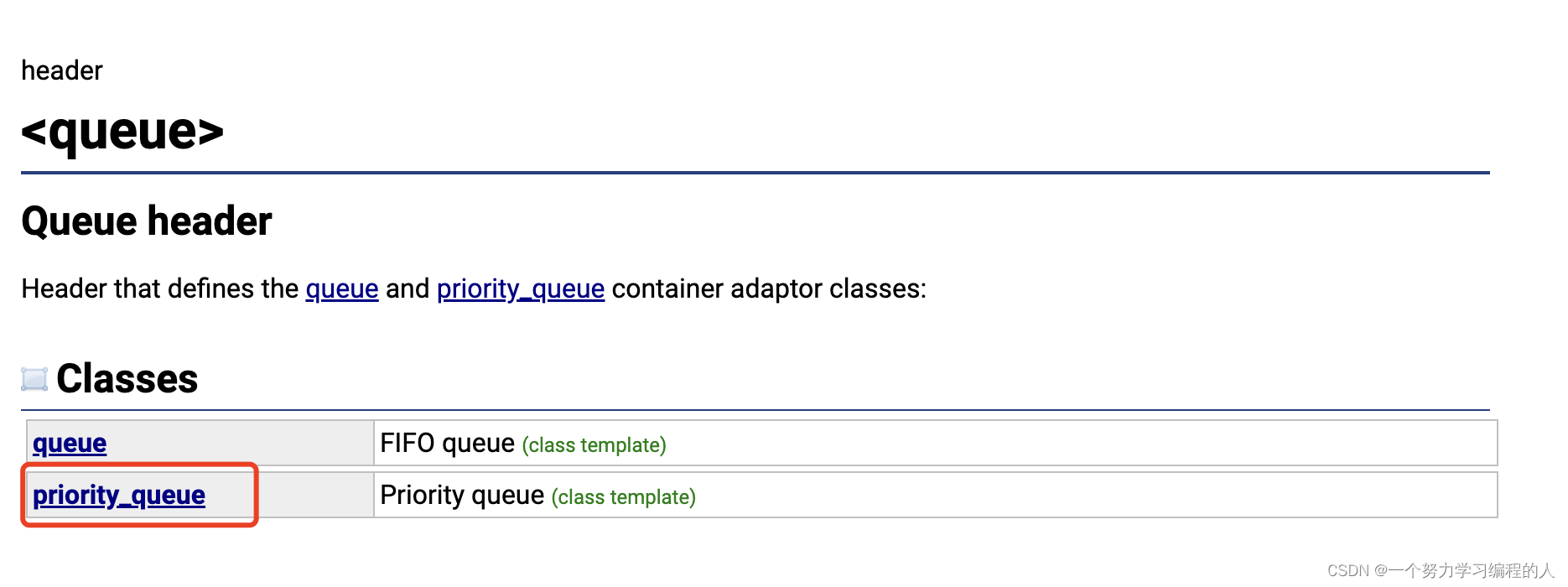
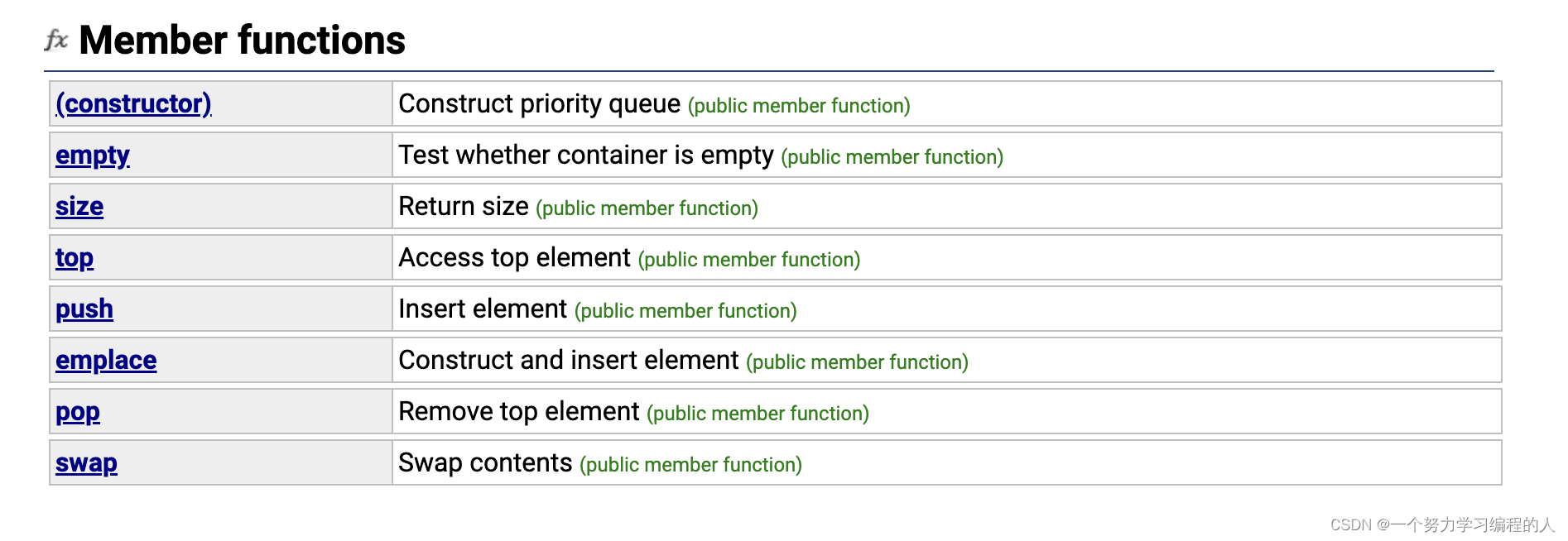
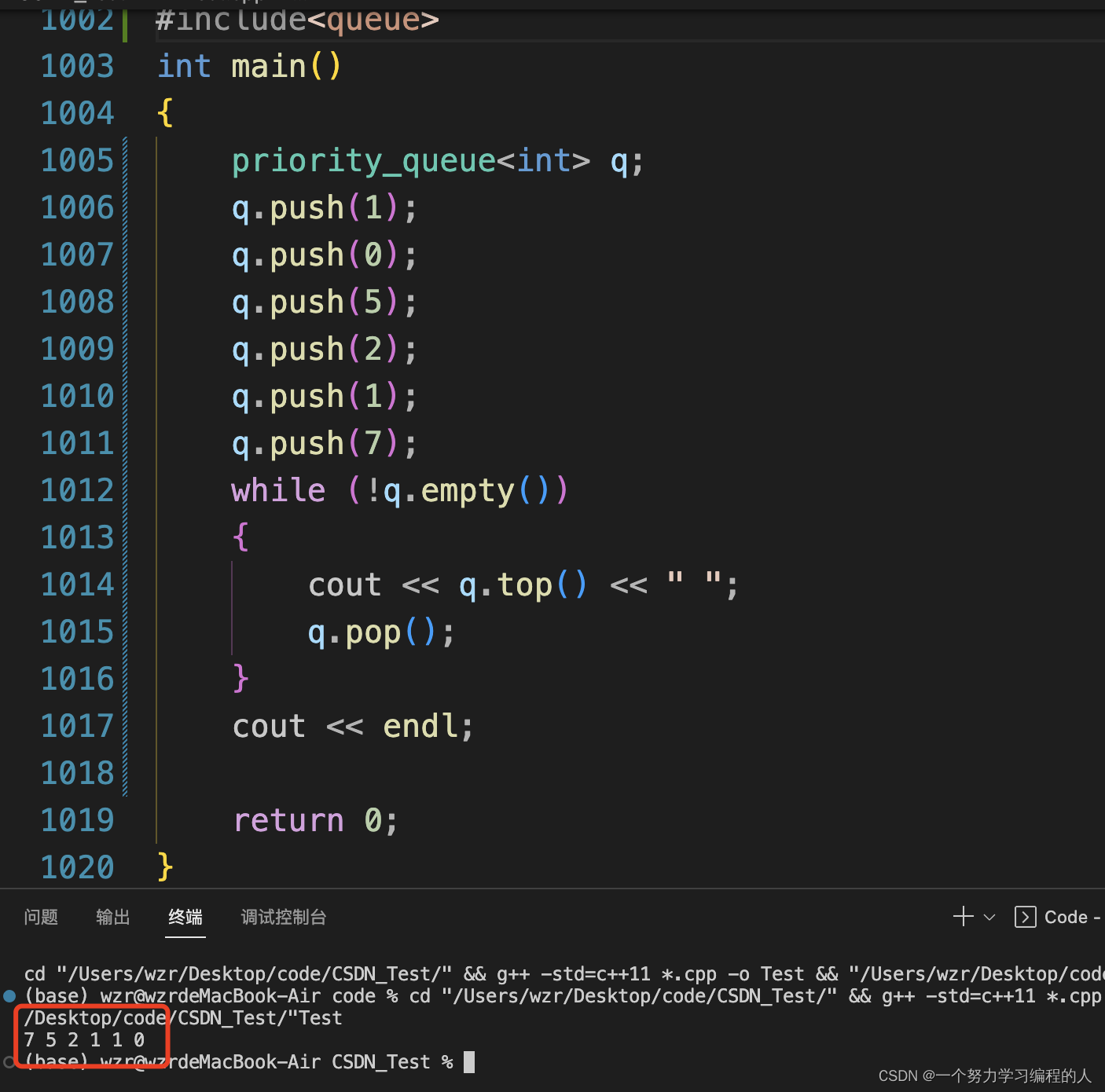

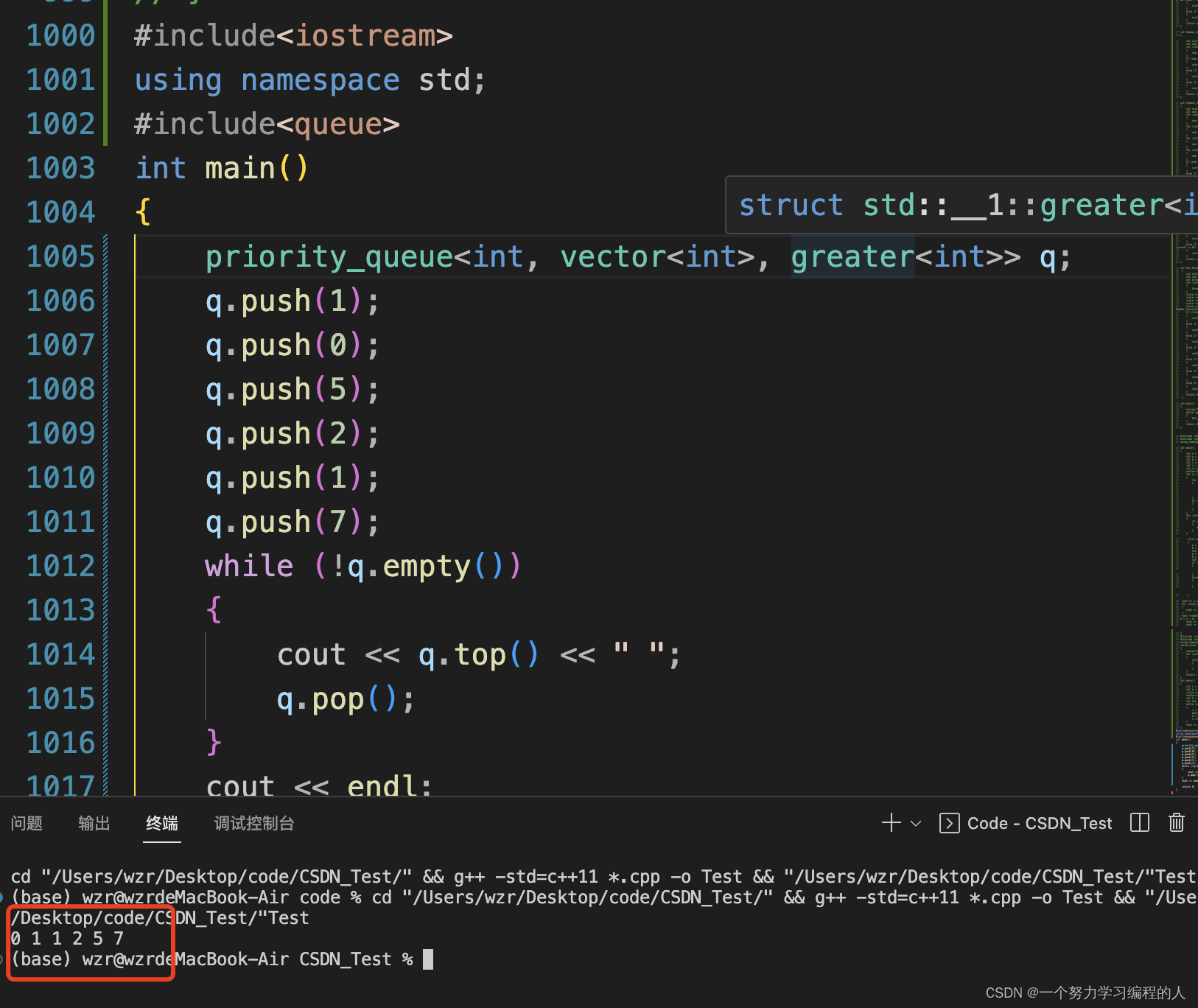
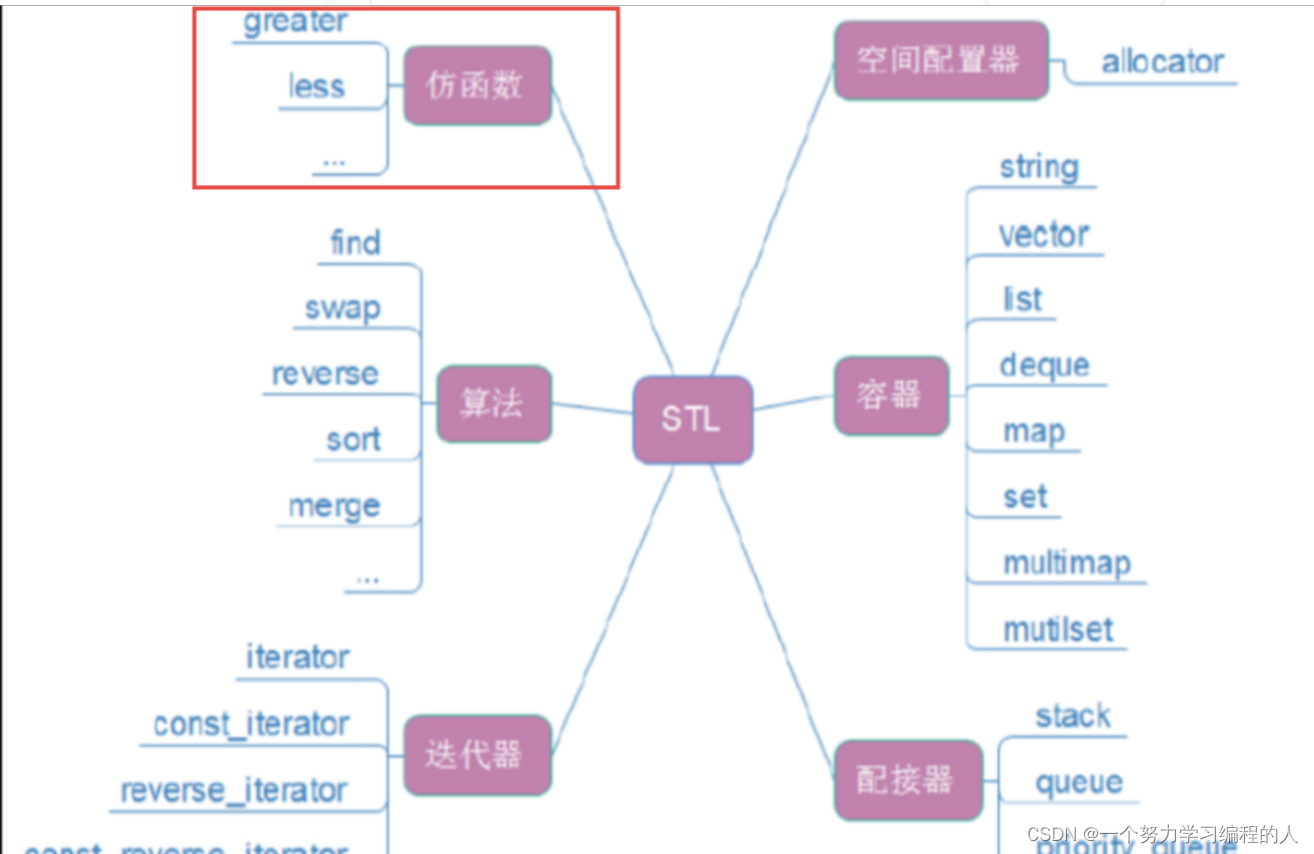
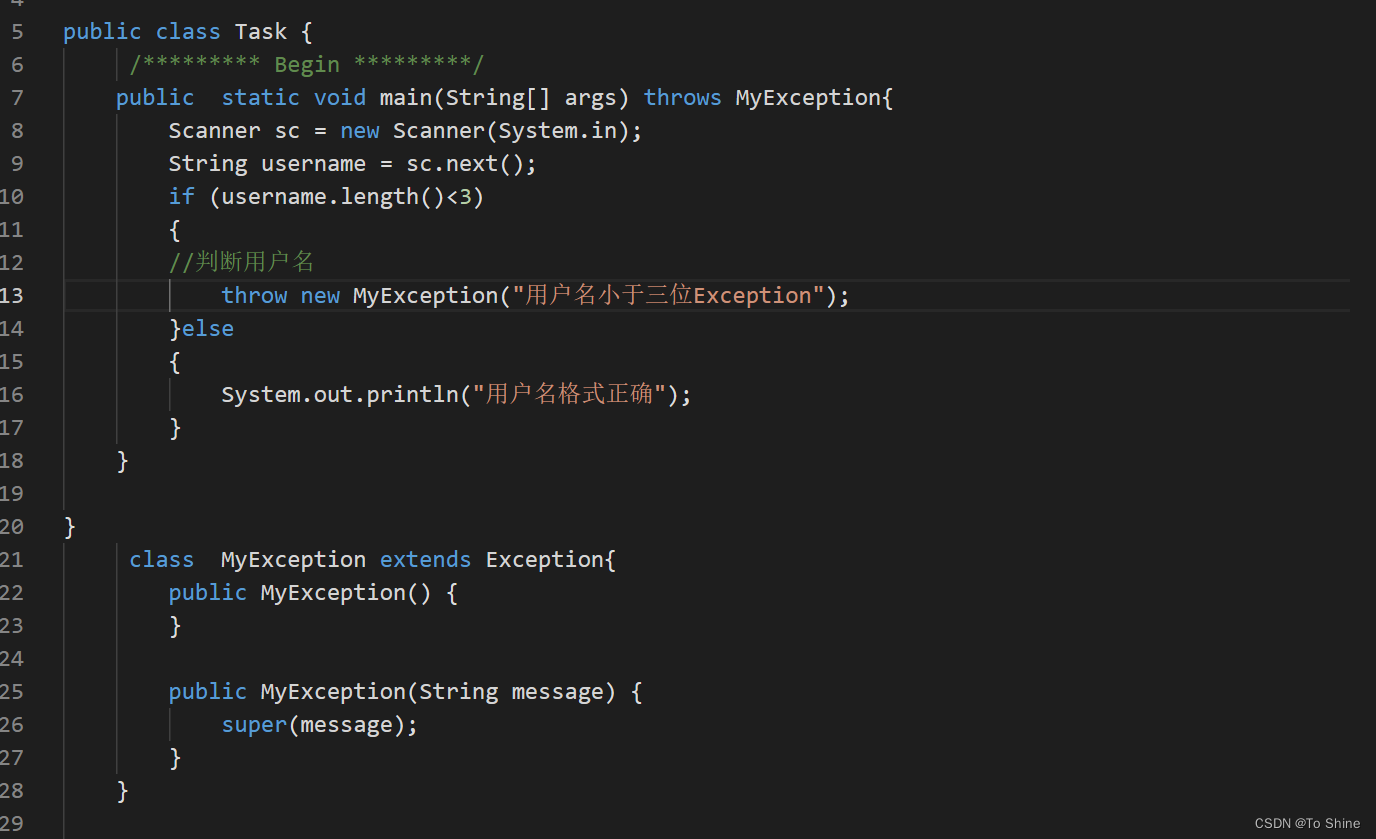



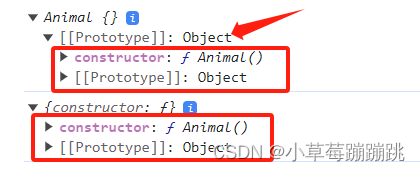
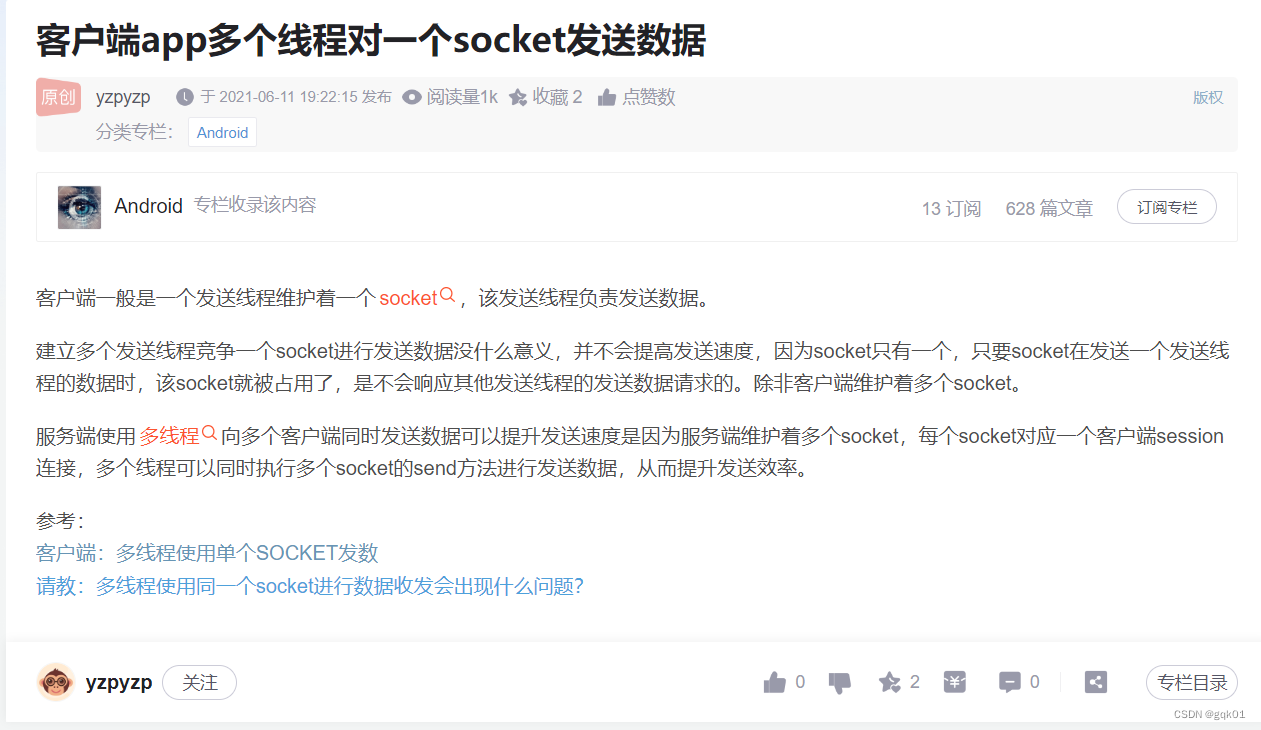
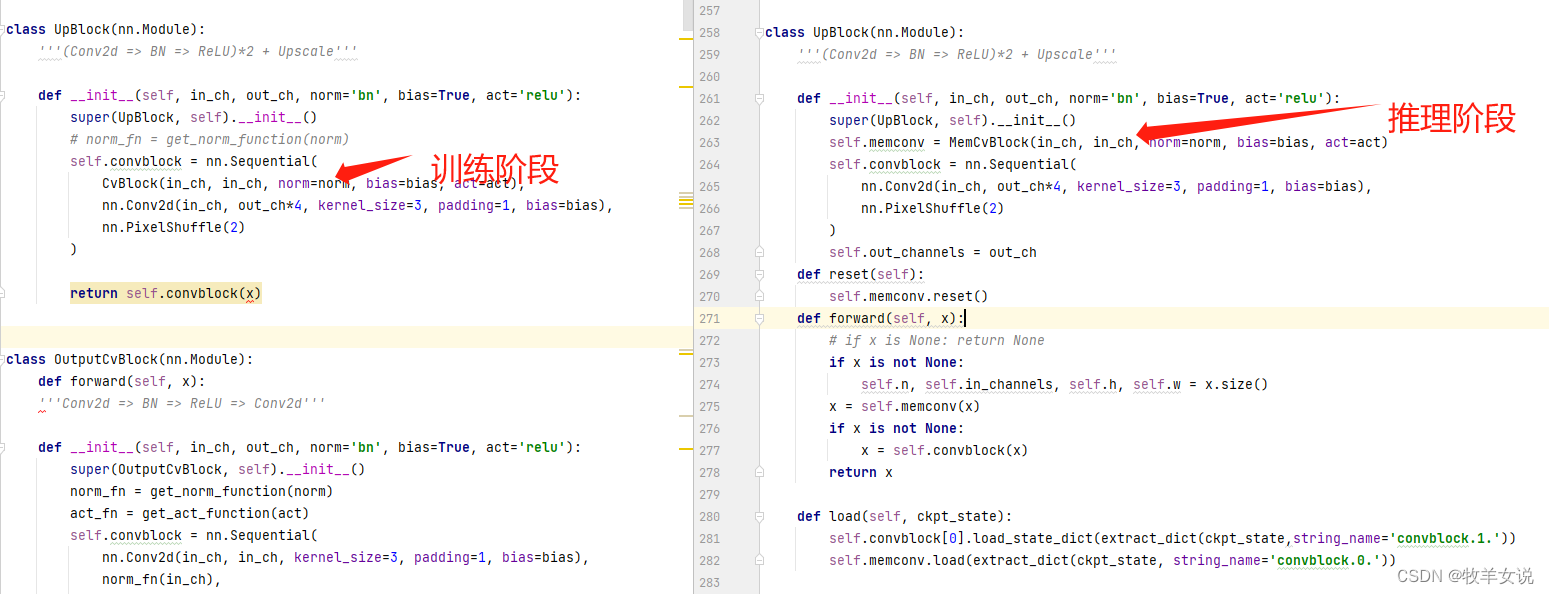
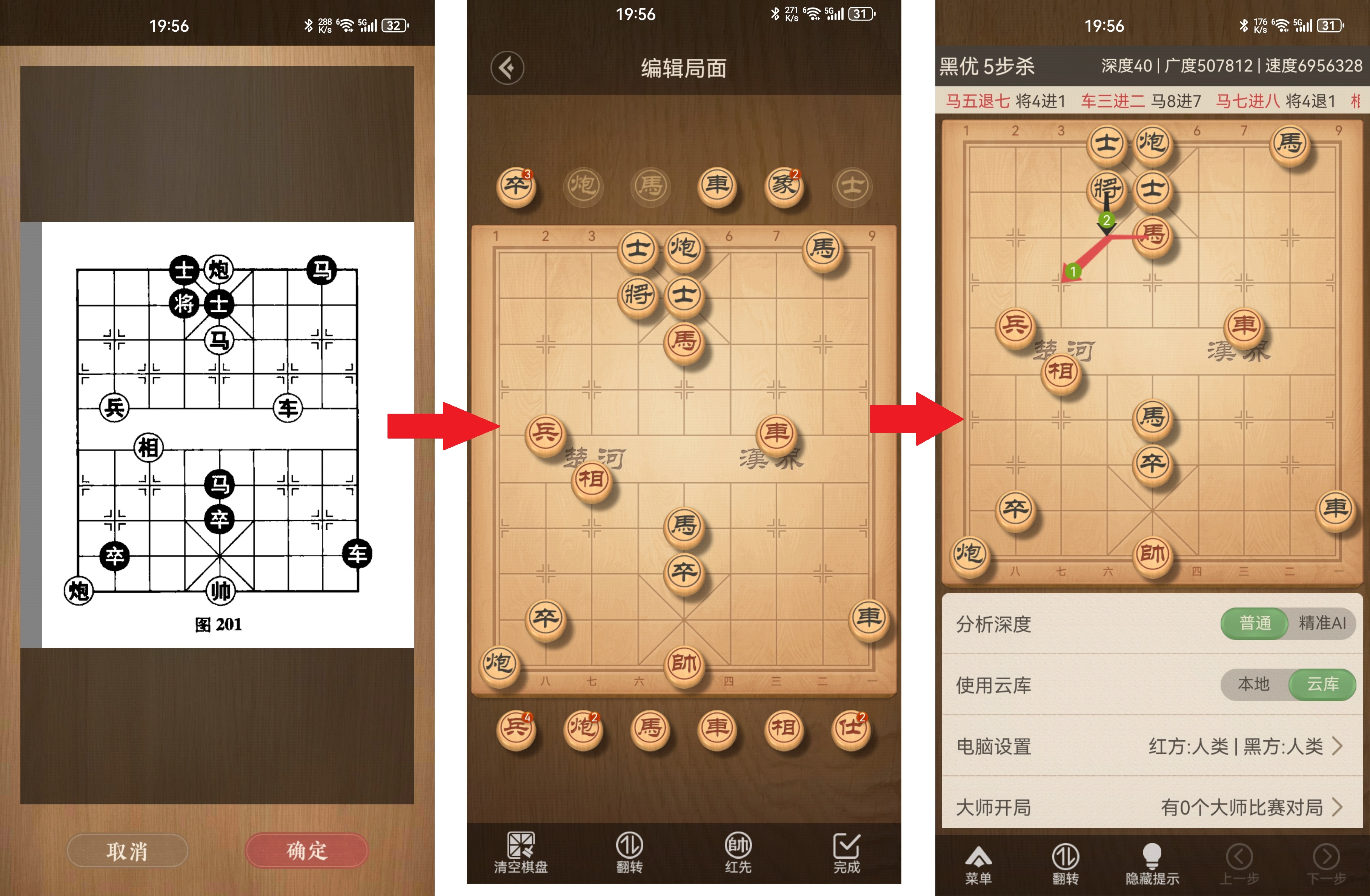

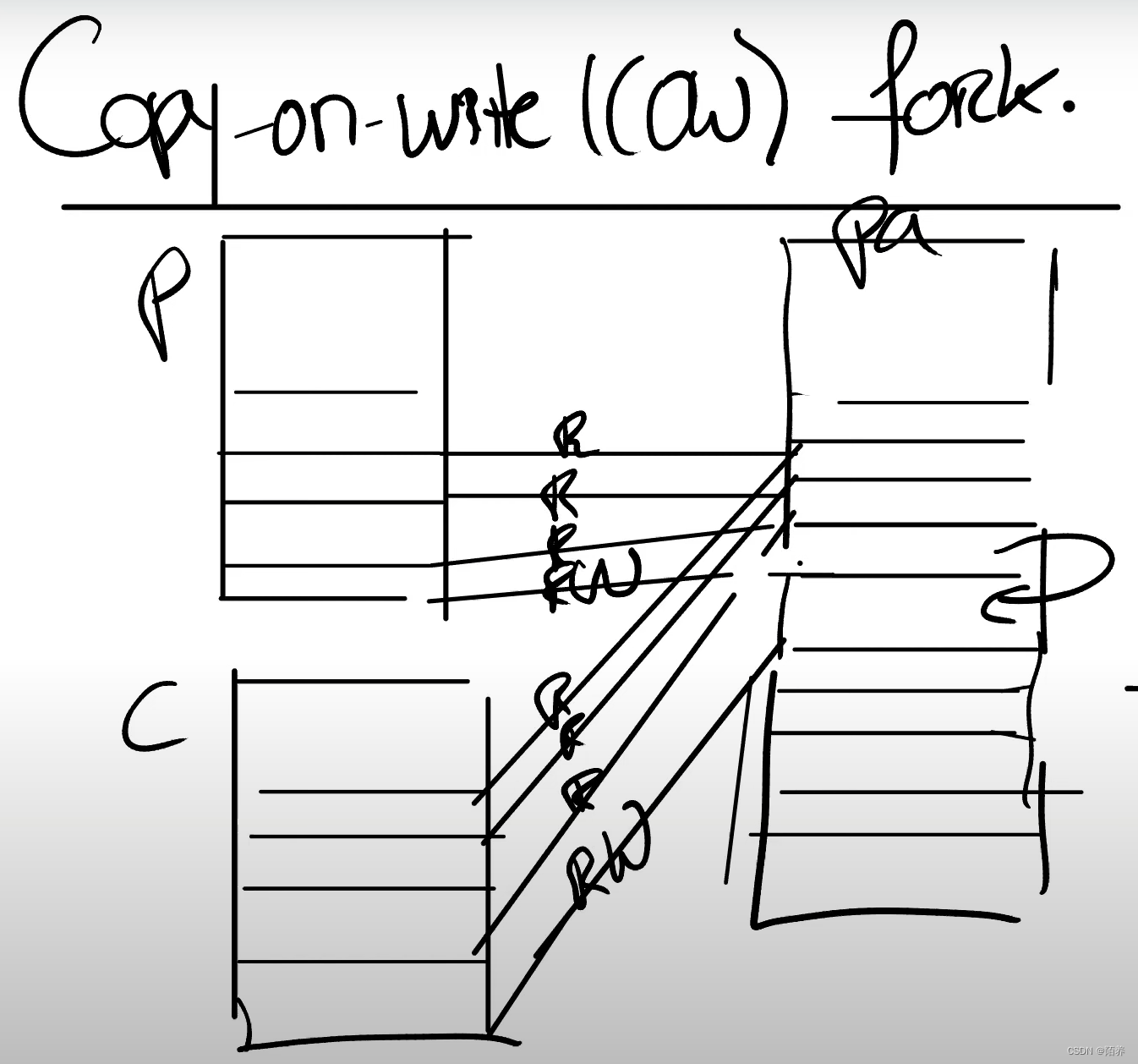
![MyBatis-Plus实现逻辑删除[MyBatis-Plus系列] - 492篇](https://img-home.csdnimg.cn/images/20230724024159.png?origin_url=https%3A%2F%2Fmmbiz.qpic.cn%2Fsz_mmbiz_png%2FP13HW4Fm1HWMAghWyicic7skmicibD1r8KUSeiba8L5HjC7xibgN2oVyoYj3usNq9XYHFSfNT1SR1oCgyCOUDX17yPVQ%2F640&pos_id=suvWq4kU)
![[Spring] SpringBoot2 简介(二)—— 高级配置](https://img-blog.csdnimg.cn/6557465fe9924215af4d669c49f14b44.png)
